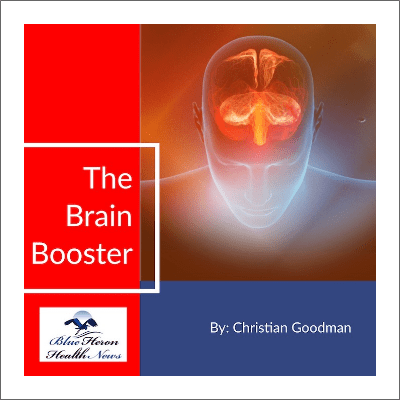What are Binaural Beats?
What are Binaural Beats? How do they work? Read on to find out…..
The Discovery of Binaural Beats
Heinrich Wilhelm Dove, a Prussian physicist and meteorologist, first discovered Binaural Beats in 1839. Heinrich Dove discovered that slightly different frequencies played separately to each ear produced a perception of interference at the same rate as the difference between the two frequencies.
Then, in 1973, biophysicist Doctor Gerald Oster produced a paper for the Scientific American called ‘Auditory Beats In The Brain’ that brought about important understanding on how the brain perceives frequencies. Oster noted,
"It is possible that hormonally induced physiological behavior changes may be made apparent by measuring the binaural-beat spectrum".
Through the late 70's, 80's and 90's, research into brain entrainment learned that binaural beats could affect the brain by entraining it to automatically move into certain frequency ranges. Tests revealed that binaural beats could help induce low frequency brain activity, similar to that analyzed in the meditation of Buddhist monks. Over the years binaural beats have been used as a tool to combat stress and anxiety, to improve memory and heighten energy levels and productivity by entraining the brain to move into the desired state.
How Binaural Beats Work
In order to explain what binaural beats actually do, we’re going to get slightly technical for a moment. If this goes over your head a little, don’t worry, there's a practical example you can test after the explanation to better your understanding.
Now, in the same way that electrical equipment runs at certain frequencies so does the brain. These frequencies are known as brainwaves and are measured in Hertz (Hz). When we are in high states of anxiety, the speed of our brainwaves increases, when we are relaxed the speed decreases. This is the key to understanding what binaural beats do.
Binaural beats recordings work by sending a slightly different sound frequency to each ear through stereo headphones. When the brain hears these two separate frequencies at the same time, it hears and interprets them as one vibrating tone a binaural beat. In essence the brain is creating a third frequency. This brain's interpretation is the difference in Hertz between the left and right tones, which is the frequency we want to entrain the brain to.
So, for example, if the left ear is sent a sound frequency of 200 Hz, and the right ear is sent a sound frequency of 205 Hz, the brainwaves automatically begin to vibrate at the difference between these two signals (i.e. 5 Hz). The technical term for this reaction is ‘frequency following response’. Basically the brain follows along and is entrained to a new state. Using the aforementioned example, this state would be the Theta state, a state of deep relaxation/meditation.








Reviews
There are no reviews yet.